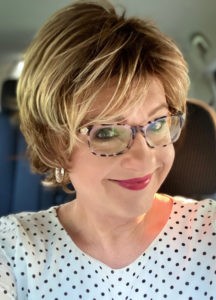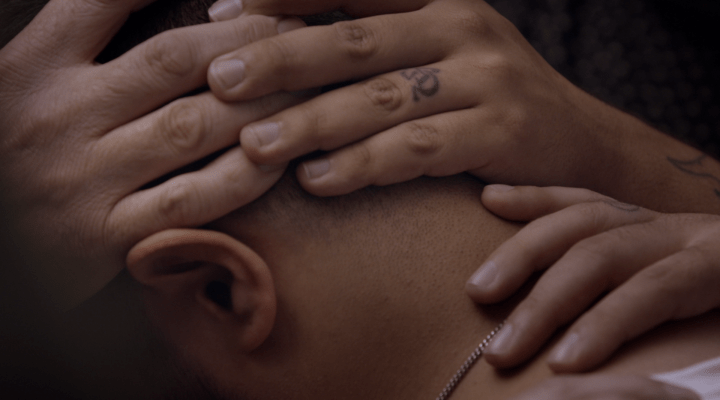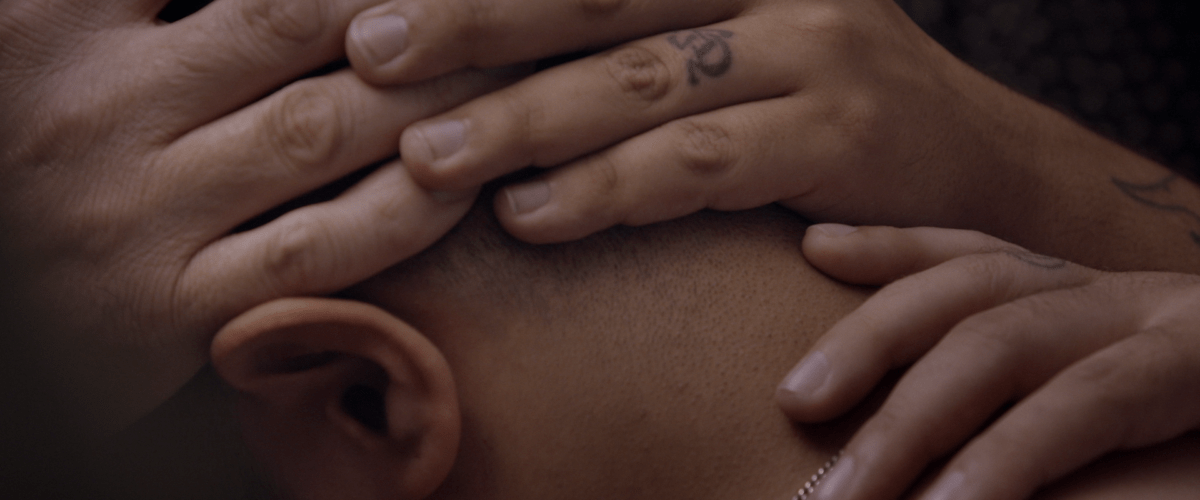Netflix recently debuted a documentary titled “Pray Away.” This film chronicles the rise and fall of Exodus International, an evangelical-based therapy group that claimed to be able to change the orientation of LGBTQ people.
This type of therapy, commonly known as “conversion” or “reparative” therapy, is not limited to Exodus but is still widely practiced in all streams of Christianity — Protestantism, Roman Catholicism and Eastern Orthodoxy. It is estimated that more than 700,000 LGBTQ people have participated in some form of reparative therapy. It is still legal in 30 states.
The leaders of this movement stated the following assumed premises as their basis for reparative therapy:
- It is the clear and consistent teaching of the Scriptures and the tradition of the church that homosexuality is wrong and a violation of divine law.
- God, with your participation, can save you out of this lifestyle and free you from these desires.
- The church was placed on earth as a hospital to help get you well. If you participate with us, you can be delivered.

Jennifer Mayeaux
I would like to preface what I’m about to say with this: I do not doubt the sincerity or motivation of any of these movements or churches. What I will question and call out is the fruit of their actions and the lack of training of most of their leadership. None of the leaders of Exodus international had any formal education in psychology, therapy or human sexuality. Most clergy do not either.
In that spirit, I would like to examine a few of these premises. The first premise deals with the question of biblical authority and what role the Scriptures were designed to play. One might pose the question, “Were the apostles and church fathers qualified to speak to subjects such as human sexuality and gender?”
Was St. Paul aware of modern science and neurobiology? Would the stinging reprimands have been at least nuanced and explained differently had he been aware of the medical and psychological knowledge we currently have? Would there have been this universal condemnation had our spiritual forefathers had access to the CT scans of transgender people that show structural differences in the part of the brain that determines gender identity? The church has yet to seriously wrestle with these questions of how scientific advancement can and should inform our theology.
Second, regarding these premises, it turns out the Bible doesn’t “clearly” say much. We humans make the Bible say something. What the Bible says is first filtered through our own biases, beliefs, gender, traumas, socioeconomic status, class, race and privilege. This is the lesson of church history. The church has divided itself for 2,000 years over issues of Christology, ecclesiology, eschatology, gender roles, soteriology, pneumatology and modes of baptism. There are currently more than 40,000 denominations claiming to speak the “clear and consistent” teaching of Scripture. Objectivity is indeed a myth.
“Regarding these premises, it turns out the Bible doesn’t ‘clearly’ say much.”
When I came out to my pastor as a transgender woman, he said he would have to deny the clear teaching of the church for 2,000 years in order to accept me. He said the church could not bless sin. He was right! He absolutely would have had to deny that teaching. That’s why inclusion is so scary.
Herein lies the danger of fundamentalism. Any religion that does not allow itself to be informed and changed by growth in human progress, knowledge and science is doomed. The simple fact is we know much more about the complex issues of human sexuality and gender than we did 2,000 years ago. To impose on people today the views of a primitive culture is harmful and damaging. It would be considered medical malpractice for a physician to use 2,000-year-old medical knowledge to treat patients. Why do we pride ourselves in doing this in the church and call it “wisdom” and “faithfulness”?
The first theological and pastoral crisis the church faced in its infancy was a crisis of inclusion. A group labeled “gentiles “who had been historically excluded because of the “clear and consistent” teaching of Scripture, were wanting in the church. Many were not happy at all about this. It created such a controversy that a council was called in Acts 11.
It’s interesting that St. Peter did not argue from Scripture or try to proof-text his way into inclusion. What happened? Our spiritual forefathers had an experience that contradicted their received tradition. Rather than rejecting the experience, they allowed the experience to help them reframe and reinterpret the Scriptures in light of what they experienced. When all was said and done, they said, “How can we stand in God’s way?”
“The simple fact is we know much more about the complex issues of human sexuality and gender than we did 2,000 years ago.”
So, I ask the church the same question that was asked at that first Apostolic Council: “How can we stand in God’s way?” How can we continue to harm and exclude those whom God has included? How can we turn away traumatized souls and send them to psychiatrist’s offices to heal from the trauma our own rejection has caused? How long will we call these beautiful people unclean? When will we learn to just love?
Maybe the only thing that really needs to be prayed away is harmful and toxic religion.
Jennifer Mayeaux is a transgender woman with a master of theology degree from Dallas Theological Seminary. She has served as a pastor and has planted churches in the Midwest and South. She is a passionate advocate for causes she feels strongly about. She enjoys helping people reconcile their faith with their sexuality or gender. She lives in Murfreesboro, Tenn.
Related articles:
‘Pray Away’ and the harms of the conversion therapy movement | Opinion by Amber Cantorna
BNG co-sponsors free webinar: ‘The Christian Case Against Conversion Therapy’


